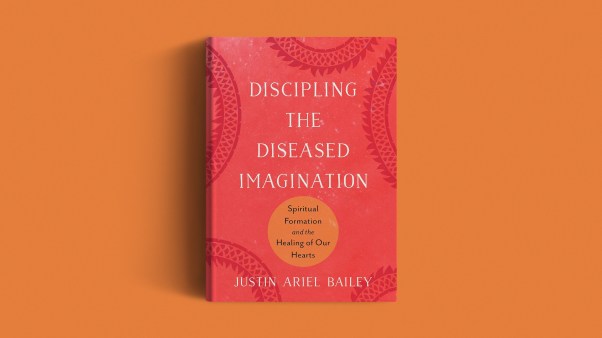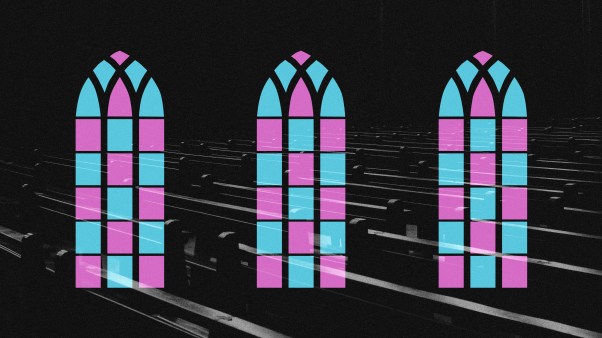Long before I ever understood Christ's atoning sacrifice or appreciated his glorious resurrection, I formed strong associations with Easter. Sure, the candy and family gatherings created fond, joyous memories. But it was the music—the same songs every year in my Methodist church—that blossomed with new meaning after my teenage conversion.
Chief among these tunes is one most will surely recognize—"Hymn for Easter Day," written in 1739 for the inaugural service at the Foundry Meeting House, London's first Wesleyan chapel. You know the hymn as "Christ the Lord Is Risen Today," composed by the most famous hymn writer of all, Charles Wesley, one year after his conversion.
As with many of the most popular hymns, "Christ the Lord Is Risen Today" has survived the centuries thanks to a successful marriage of lyrics and music. Its tune first circulated in 1708 with the Lyra Davidica hymnal, but no composer has ever been acknowledged. However, if you examine Hymn 716 from A Collection of Hymns for the Use of the People Called Methodists, John Wesley's hymnbook first published in 1780, you may notice a conspicuous absence. Charles Wesley's original text does not include the song's most distinctive characteristic—the "Alleluia!" that ends each line. It seems the lyrics didn't quite fit the tune, so an unknown editor added the famous alleluias later.
Given the special Easter significance of alleluia, it's a match made in heaven. Alleluia, meaning "Praise the Lord," prominently leads off Psalms 106, 111, 112, 113, 117, and 135 in the Hebrew hymnal. In the years immediately following Christ's resurrection, alleluia particularly connoted praise for Jesus' victory over death. Early Christians began greeting each other on Easter with the now-familiar call and response: "Alleluia! He is risen!" "Alleluia! He is risen indeed!" Alleluia is meant to convey emphatic joy, thanksgiving, and triumph.
John captures the triumph in Revelation 19 with his vision of the great multitude in heaven roaring, "Alleluia!" Jerome, translator of the Latin Vulgate, conveyed the joy when he wrote that Christian houses of worship in the fourth and fifth centuries shook from the intense alleluias shouted by believers. Still today, Roman Catholics and Anglicans refrain from speaking or singing alleluia during Lent, but they reintroduce the word into their liturgies to express their thanksgiving on Easter morning.
Even in nonliturgical churches, alleluia retains a kind of liturgical significance. Bernard Lord Manning, a hymnologist, historian, and observer of Methodism during the early 20th century, explained how hymns like "Christ the Lord Is Risen Today" functioned as a liturgy for John and Charles Wesley's spiritual descendants.
But in the evening at the chapel [the Dissenting church], though I was uncertain about the prayers, there was no gamble about the hymns. I knew we should have Charles Wesley's Easter hymn, "Christ the Lord Is Risen Today," with its 24 "Alleluias": and we did have it. Among any Dissenters worth the name that hymn is as certain to come on Easter Day as the Easter Collect in the Established Church. And mark this further—those 24 "Alleluias" are not there for nothing: the special use of "Alleluia" at Easter comes down to us from the most venerable liturgies. Our hymns are our liturgy, an excellent liturgy. Let us study it, respect it, use it, develop it, and boast of it.
Throughout my youth, while my theological awareness remained primitive, this melodic liturgy conveyed to me the triumphant joy that is ours on Easter morning. Alleluia! Christ is risen!
Copyright © 2005 Christianity Today. Click for reprint information.









